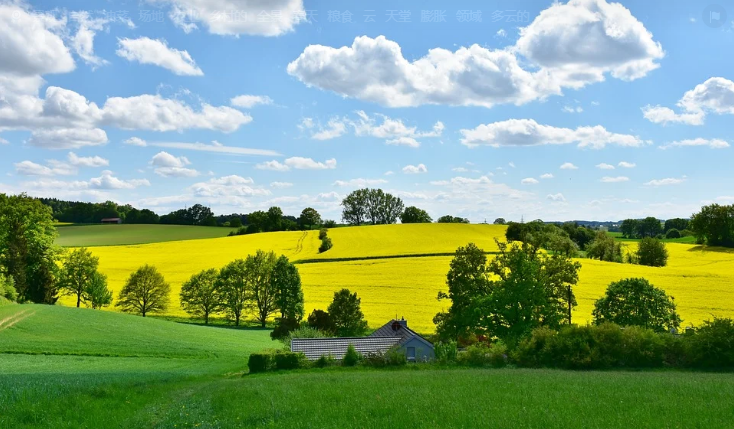
Exhibition time: 17-19 March, 2026 Shanghai, China
 中文
中文

Exhibition time: 17-19 March, 2026 Shanghai, China
 中文
中文

Key words of the passage: carbon; energy; reduction; climate; environment
Science and environmental experts called for global collaboration in renewable energy storage, carbon sink and climate policy making at the WLA zero carbon series panel session held in Shanghai on Tuesday.
Themed on dual carbon governance, the panel session is one of the sub forums held alongside the 4th World Laureates Forum that will conclude on Wednesday.
According to Steven Chu, the 1997 Nobel Prize laureate in physics, the main environmental risk mankind now faces is rising temperatures and the best solution to this issue is the reduction of greenhouse gas emissions through the development of renewable energy.
"As such, China can work with other countries to share best practices and find ways to coordinate electrical distribution and transmission systems as well as look for various means of energy storage."
Zhou Chenghu, a member of the Chinese Academy of Sciences, said China has been building a carbon sink ecosystem for areas covering reasonable fertilizer use, carbon emissions reduction from animal husbandry, and plantation transformation.
"The land ecosystem has a vast capacity for carbon sink and will play a great role in carbon neutralization in China. Cooperation with other countries is vital to the process," Zhou said.
Lars Peter Hansen, the winner of the 2013 Nobel Prize in Economics, pointed out the significance of immediate climate policy implementation across the globe.
"Carbon emissions alter the climate and in turn impact economic opportunities and social well-being in the future as well as policy making ," Hansen said.
"Existing limits to our understanding of the timing and magnitude of climate change impacts has led to apprehension by some, in terms of policy making."
Source: CHINA DAILY
